We must help girls realise their dreams
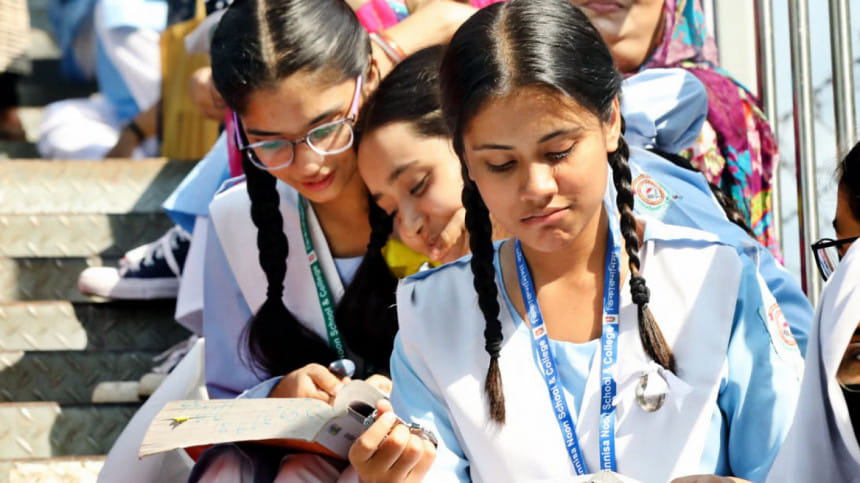
I once had a conversation with Tajul Islam, the former principal of Thakurgaon Degree College. He established Rangatungi Pramila Football Academy in Ranisankail upazila about 10 years ago. He shared, "Five players from this academy are representing the national team in different age groups. Some have just got a chance in the Bangladesh Army as players, which has turned their lives around. As a result, interest in football has increased among the girls."
Most of the people in the area live below the poverty line. However, about 50 girls in the age group of 10 to 20 years have joined this academy, despite facing many challenges. This has increased the pressure on the organisers, as they are struggling to meet the expenses related to the training materials, sports equipment, ground preparation, medical and travel expenses.
While I feel encouraged to note the success of girls' sports and also appreciate people like Tajul Islam, thinking about the child marriage situation in Bangladesh is still very upsetting. Bangladesh has the highest prevalence of child marriage in South Asia and globally ranks among the top 10 countries with the highest rates of child marriage.
A survey by BRAC, titled "Born to be a Bride" (October 2023), shows that child marriage is happening irrespective of the girls' socio-economic backgrounds. In addition to poverty and lack of social safety, parents referred to finding "suitable grooms" as one of the major reasons for marrying off their daughters. Limitation in law enforcement is also a significant problem, while social acceptance of the practice is another. Additionally, nearly two years of school closures and rising poverty during the Covid-19 pandemic increased child marriage rates.
Apart from child marriage, there are other challenges that are linked to discriminatory attitudes and biases against girls and women in our society. I was disturbed to see a recent advertisement by an English medium school in Dhaka where two boys are seen learning mathematics and robotics, while a girl is seen playing the violin. To me, it was a glaring example of gender stereotypes, as the media and the entertainment industry continue to portray women in trivial ways. Limiting children to the narrow confines of gender stereotyped expectations affects their ability to realise their potential to the fullest.
The lives of adolescent girls shrink due to lack of social safety. In many cases, their mobility gets restricted and they are not able to avail opportunities. It is our responsibility to make society safe for girls by strengthening child protection system at the community and national levels.
Recently I was talking to a few adolescent girls in Dhaka. They have their own analyses and thoughts on a wide range of issues, starting from the importance of environmental protection to the impact of artificial intelligence on our lives. Some of them are writing novels online, some are learning foreign languages, some are interested in karate, and some are skilled in graphic design. I was hopeful to know their views on various aspects of society and culture.
Swedish author Astrid Lindgren created a character named Pippi Longstocking—the strongest girl in the world. Pippy lives with her horse and a monkey (Mr Nilsson), and has the courage to do anything. The story of this extraordinary girl, who leads life according to her own terms, not afraid of anyone and empathetic to others, has become part of classic literature.
The girls of Bangladesh are more courageous than Pippi. I have seen such girls in different parts of the country-from the char of Lalmonirhat to the haor of Sunamganj. They are determined to build their own lives.
However, that cannot be achieved without investments in girls' education, health, protection, and sports.
Initiatives must be taken to compensate for the loss to their education due to the Covid-19 pandemic. It is important to bring back married girls and adolescent mothers to school so that they can develop skills for economic, social, and political empowerment.
Girls should be raised in such a way that they can become confident, strong, ambitious, brave, independent and humane. We should listen to them while making decisions on issues affecting their lives. Furthermore, boys must be taught to respect girls and women. Having an equal relationship between men and women in the family is critical as well because children learn by observing adults around them.
On a broader scale, writers, artists, and cultural activists can create realistic and inspiring stories of female characters. Parents have to choose books, movies, toys, etc. for children very carefully, while the media can take steps to highlight women who are positive role models.
The girls of Bangladesh are marching forward. They want to reach the sky. If we encourage girls to dream and support them in their journey, they can succeed in all kinds of professions, and contribute to society in a meaningful way. Are we ready and willing to perform our responsibilities?
Laila Khondkar is an international development worker.
Views expressed in this article are the author's own.
Follow The Daily Star Opinion on Facebook for the latest opinions, commentaries and analyses by experts and professionals. To contribute your article or letter to The Daily Star Opinion, see our guidelines for submission.

 For all latest news, follow The Daily Star's Google News channel.
For all latest news, follow The Daily Star's Google News channel. 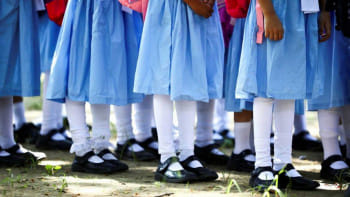


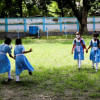

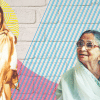

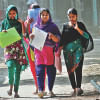


Comments